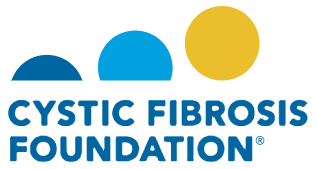Research
Our group has pioneered efforts to determine the significance of Muc5ac and Muc5b in mouse lungs (‘MUC’ in humans, ‘Muc’ in mice). We discovered critical beneficial roles for Muc5b in homeostasis and responses to infection. Conversely, we have also identified required detrimental roles for excessive or aberrant Muc5ac and Muc5b in airflow obstruction, lung injury, pulmonary fibrosis, and lung adenocarcinoma.
Much of our on-going work uses over-expressing, knockout, and gene-edited transgenic mouse lines to address how Muc5ac and Muc5b function individually and in combination. Current research involves investigating how these two mucins perform specific functions – both beneficial and potentially harmful.
Specific projects focus on how Muc5ac and Muc5b polymerize; how biosynthesis affects epithelial cell functions; how secreted Muc5ac and Muc5b glycopolymers affect mucus function; and how mucins interact with leukocytes and structural cells in the lungs. Together, these factors all affect host defense, tissue injury, inflammation, and repair.
Support for our research comes from:


